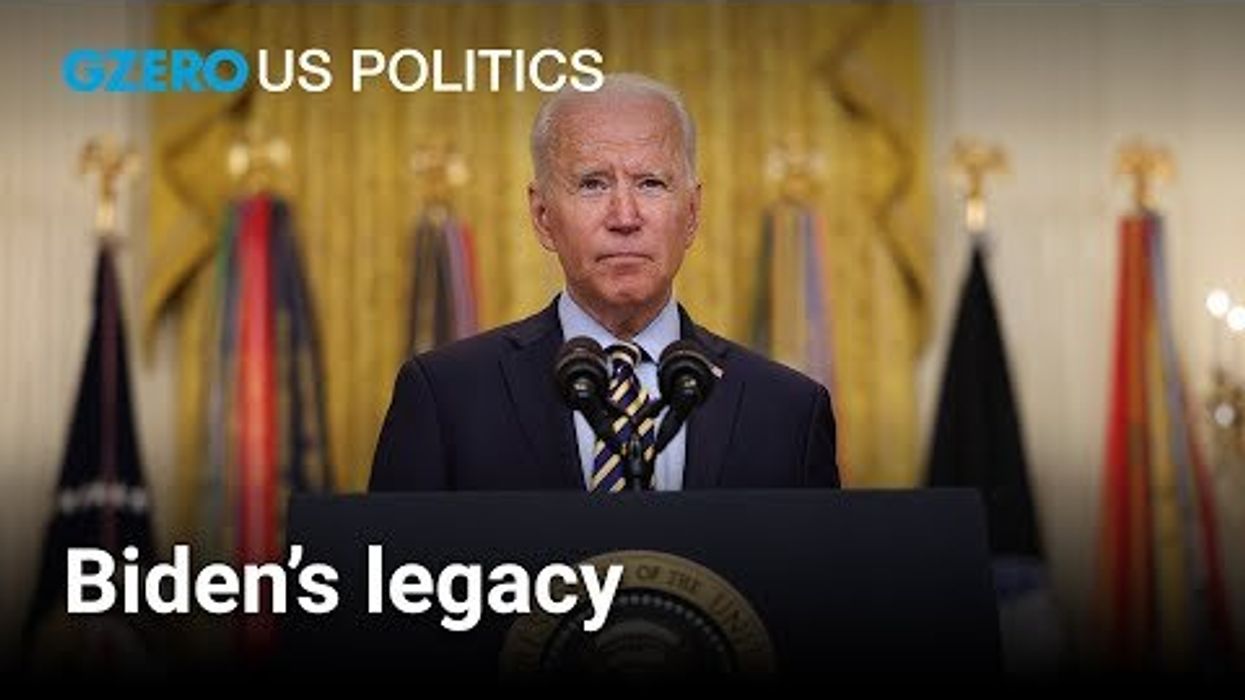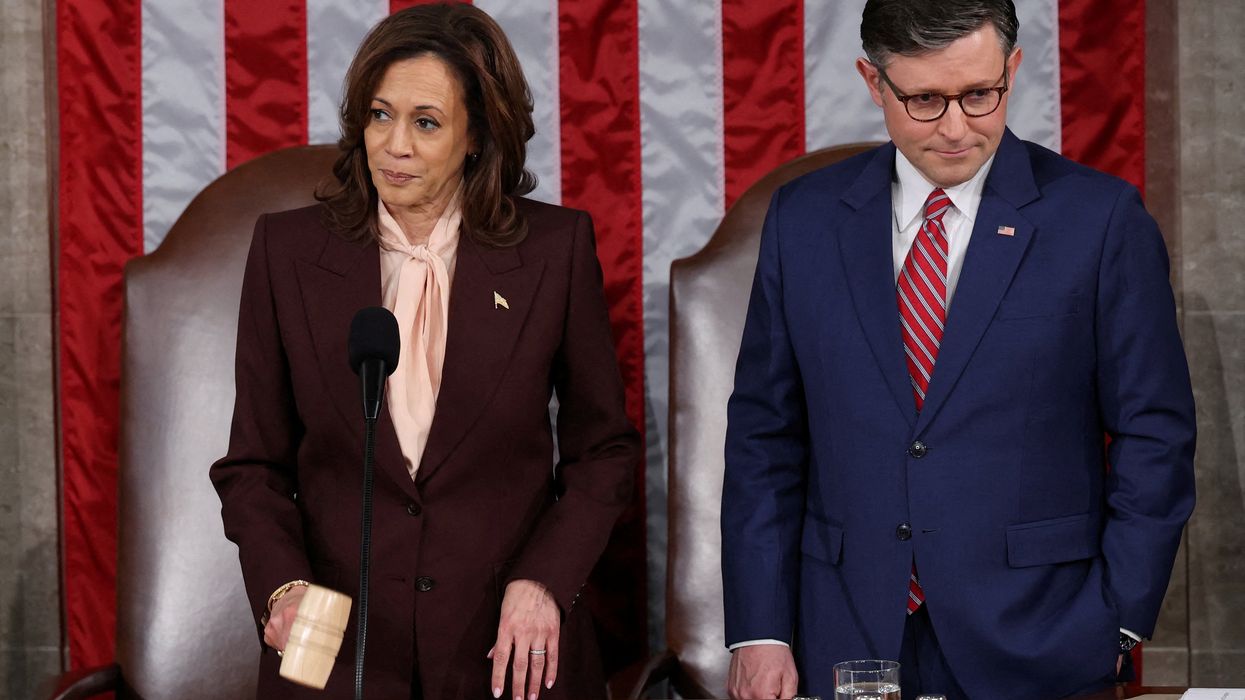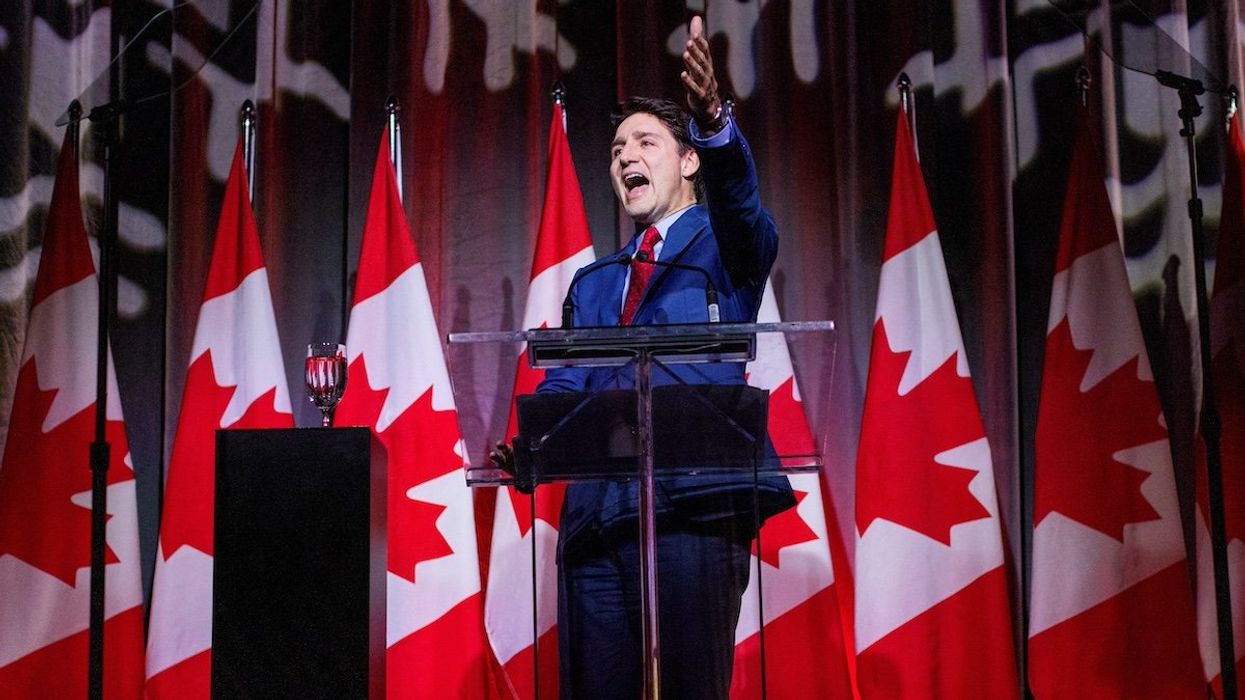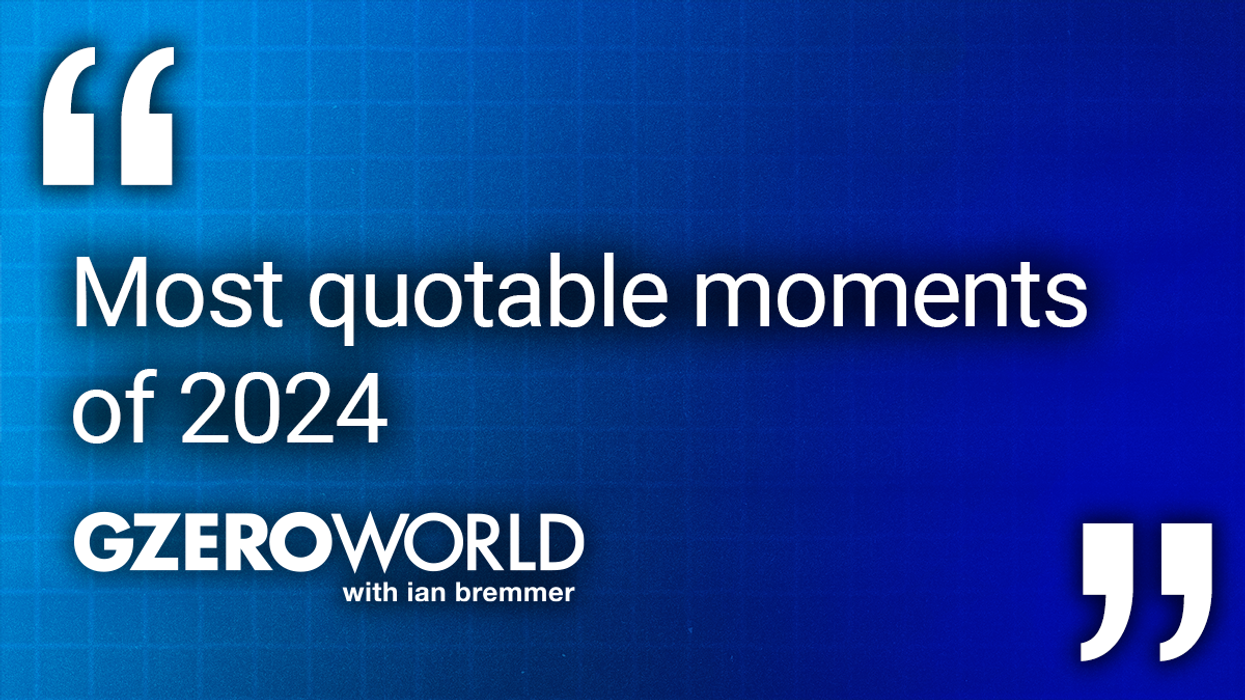The small South Asian nation’s young democracy isn’t looking its healthiest ahead of Sunday’s vote, which the main opposition party is boycotting. Incumbent Prime Minister Sheikh Hasina has been accused of exercising increasingly autocratic power since she returned to office in 2008, including jailing her primary rival Khaleda Zia and her son Tarique Rahman.
The candidates: Hasina is by far the front-runner thanks to her electoral shenanigans and the opposition boycott, meaning she is all but certain to retain her position and majority in the legislature. Ghulam Muhammed Quader, a center-right candidate from outside both of the main two coalitions doesn’t look like much of a threat: During the last election in 2018, his party took just 5% of the vote to Hasina’s 75%.
Where things stand: Hasina will likely stay in power, so the key metric to gauge her mandate is turnout. Bangladesh historically has high poll attendance, near 75% for all elections since 1996, except for 2014, when, under similarly controversial circumstances, fewer than 40% of eligible voters cast a ballot.



















